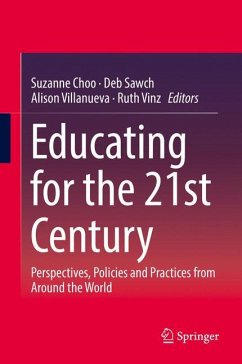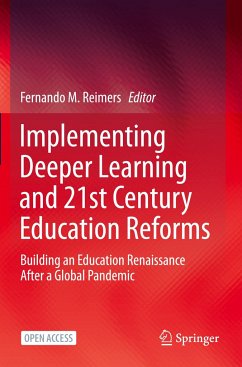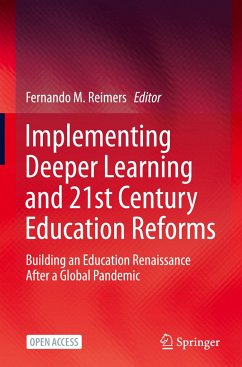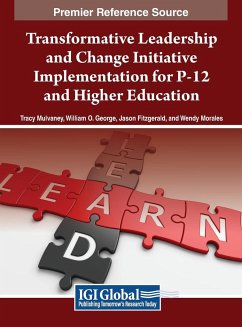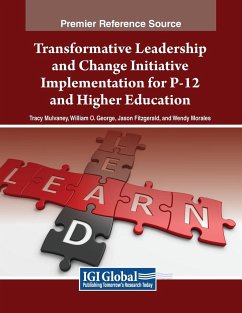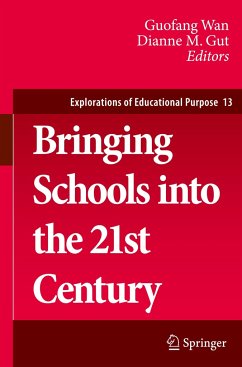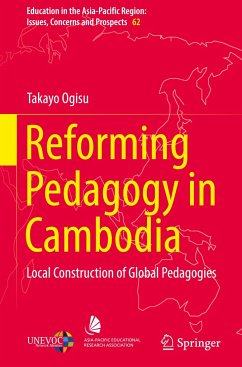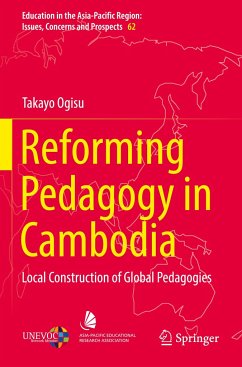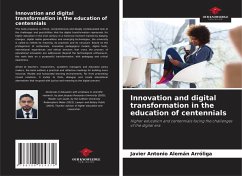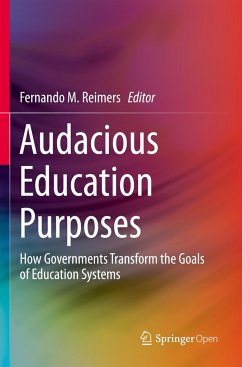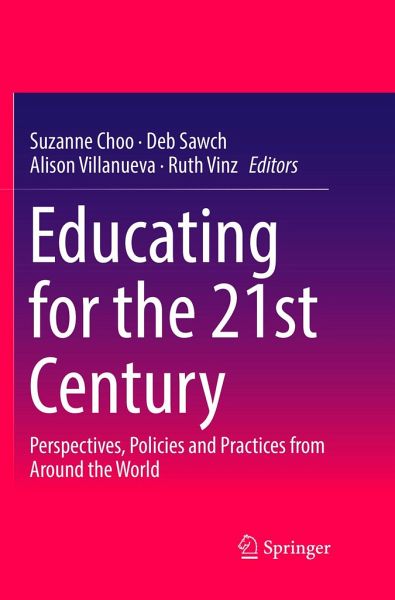
Educating for the 21st Century
Perspectives, Policies and Practices from Around the World
Herausgegeben: Choo, Suzanne; Sawch, Deb; Villanueva, Alison; Vinz, Ruth
Versandkostenfrei!
Versandfertig in 6-10 Tagen
91,99 €
inkl. MwSt.

PAYBACK Punkte
46 °P sammeln!
All over the world, governments, policymakers, and educators are advocating the need to educate students for the 21st first century. This book provides insights into what this means and the ways 21st century education is theorized and implemented in practice. The first part, "Perspectives: Mapping our futures-in-the-making," uncovers the contradictions, tensions and processes that shape 21st century education discourses. The second part, "Policies: Constructing the future through policymaking," discusses how 21st century education is translated into policies and the resulting tensions that eme...
All over the world, governments, policymakers, and educators are advocating the need to educate students for the 21st first century. This book provides insights into what this means and the ways 21st century education is theorized and implemented in practice. The first part, "Perspectives: Mapping our futures-in-the-making," uncovers the contradictions, tensions and processes that shape 21st century education discourses. The second part, "Policies: Constructing the future through policymaking," discusses how 21st century education is translated into policies and the resulting tensions that emerge from top-down, state sanctioned policies and bottom-up initiatives. The third part, "Practices: Enacting the Future in Local Contexts," discusses on-the-ground initiatives that schools in various countries around the world enact to educate their students for the 21st century. This volume includes contributions from leading scholars in the field as well as educators from schools and thoseworking with schools.





